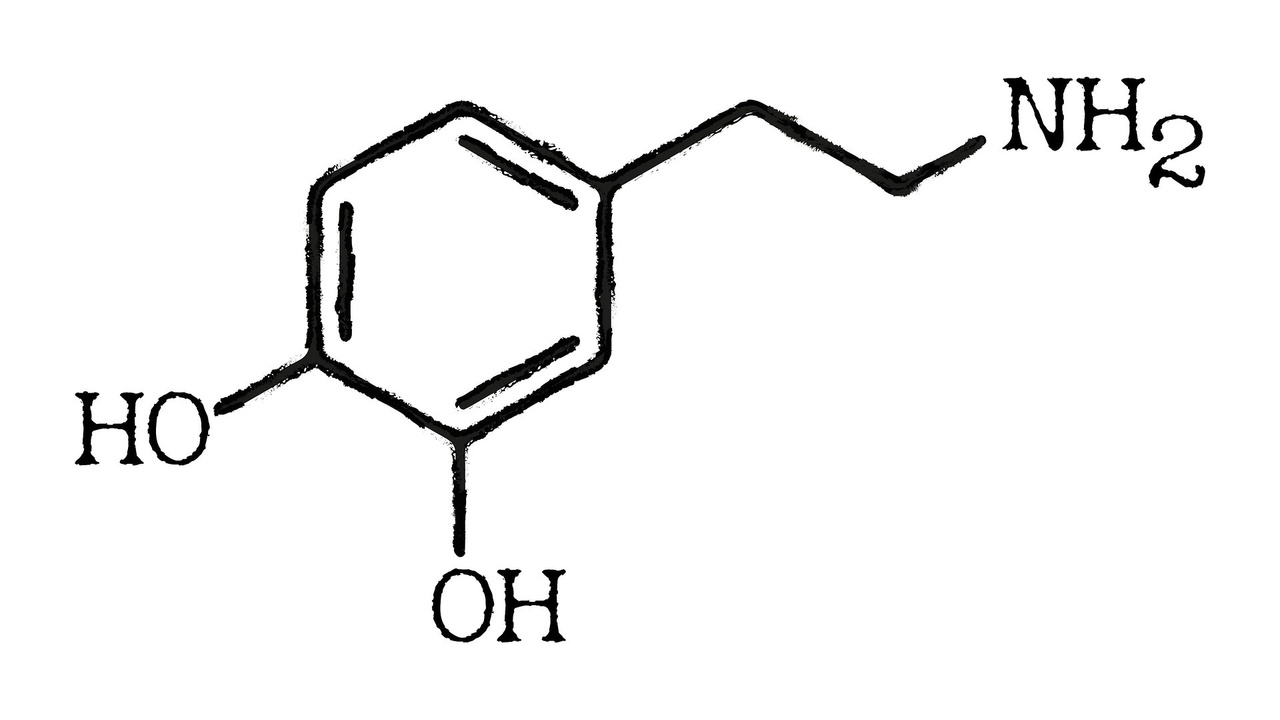Who is your dopamine dealer?

Throughout my life, I struggled with overcoming distractions to maintain concentration and focus. This was partly from genetics, being a high-energy individual with a proclivity for ADD, and partly a result of the childhood trauma I lived through which impacted my brain development. As an adult entrepreneur, I was constantly plagued with not being able to get the things done in my business that needed to be done. In fact, early in my career, I turned to adderall to help overcome this challenge, however, I had to learn the hard way that this was not the best long-term solution.
After a series of events and diminished brain health, I was at rock bottom about four years ago and decided to give up adderall. I was sick and tired of being sick and tired and desperate to figure out how to get my brain fully healthy. I knew I had to build my concentration and focus “muscles” to lead me to be my absolute best. I also knew I had a long, hard road ahead of me to recover from years of dependency on adderall.
And so my journey began by studying and learning from the world’s foremost brain health expert, Dr. Daniel Amen. I began to understand the science of how and why my brain was working the way it was and what I need to do to fix it. After completing his Healing ADD at Home course, I learned that exercise, nutrition, and supplementation is the best way to restore and then optimize brain health.
I gained awareness of the chemical imbalances in my brain, specifically low dopamine levels, and absorbed heaps of interesting knowledge and strategies which I now practice daily in my life.
One of the most profound breakthroughs I experienced was understanding the impact my choices had on dopamine levels in my brain and the long-term effects on brain health. Once I understood this, I began to evaluate everything I was doing in terms of whether it will improve or decrease my long-term brain health. As I began reviewing everything I was doing I made a shift in my decisions to choose the healthiest long-term options.
We as humans oftentimes turn to the most readily available and immediate remedy to boost our dopamine levels. However, these choices are usually not the best for our brain health. They boost dopamine for the moment but actually open us up to crashes later on and the potential for dependency and/or addiction.
Below is a table of positive and potentially negative things that activate dopamine from Dr. Amen’s book titled, “Feel Better Fast and Make It Last.” Have a look and see if any of these are relevant in your world.
|
Positive Things That Activate Dopamine |
Potentially Negative Things That Activate Dopamine |
|
Meaning and purpose |
Jumping out of airplanes |
|
Lasting love |
Repeatedly falling in love |
|
Volunteering |
High-risk sports (e.g., helicopter skiing) |
|
Relationships |
Extramarital affairs |
|
New learning |
Excessive video games |
|
Traveling |
Pornography |
|
Spiritual experiences |
Cocaine |
|
Gratitude/appreciation |
Fame |
|
Winning by striving to be your best |
Winning by hurting others |
|
Losing (when it motivates practice) |
Losing (when it causes pain) |
|
Digital discipline |
Undisciplined digital behavior |
|
Pumpkin seeds |
Methamphetamines |
|
Green tea |
Alcohol |
|
Bacopa |
Scary movies |
|
L-tyrosine |
Gossiping |
|
Omega-3 fatty acids |
Adderall and other “smart drugs” |
So the question remains, who/what is your habitual dopamine dealer(s)?
And now with this awareness how can you apply this knowledge to make better long-term brain-healthy choices?
Leave a comment and let me know.
Get Awareness Elevation's Emails!
Elevate to high performance with expert insights and wisdom straight to your inbox so you can be your best and make more in less time.
We hate SPAM. We will never sell your information, for any reason.

